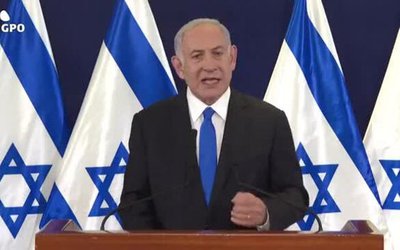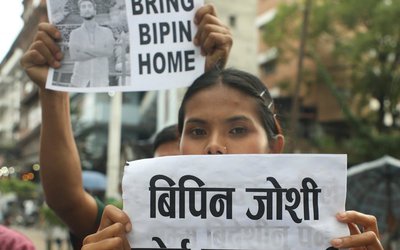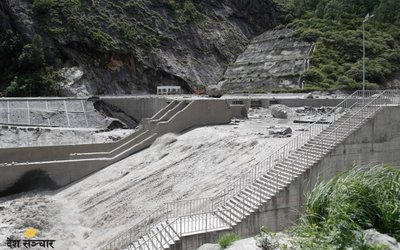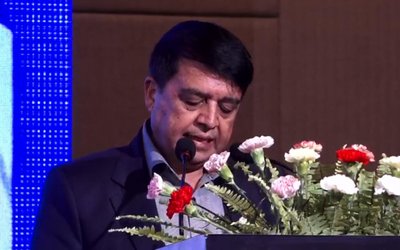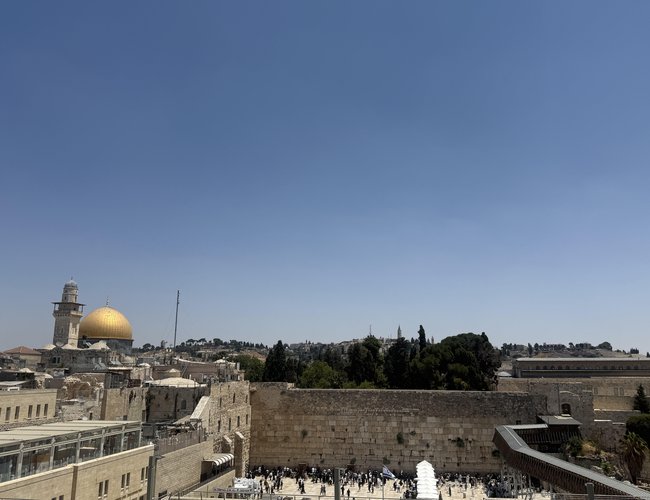
Despite the signs of normalcy returning, the memory of the brutal Hamas attack on October 7, 2023, continues to haunt Israel. Following the ceasefire that began on June 24, 2025, Israel and Iran stopped hostilities, leading to a gradual return to normalcy in Israeli cities.
However, there are no immediate signs of any ceasefire in the Gaza region. With growing domestic pressure and international concerns over civilian casualties and the disruption of humanitarian assistance, Israel recently organized a visit of foreign diplomats based in Israel to Gaza.
Sagi Karni, the head of Israel's South and East Asia Bureau, stated during an interaction with a delegation of Nepali journalists that Israel is willing to agree to peace on the condition of the disarmament of Hamas and the release of remaining hostages.
Bipin’s Mother and Sister in Israel
Bipin’s mother, Padma, and sister, Pushpa, met with President Isaac Herzog Prime Minister Benjamin Netanyahu Israeli Knesset Speaker Amir Ohana to urge him to take action for Bipin's release.
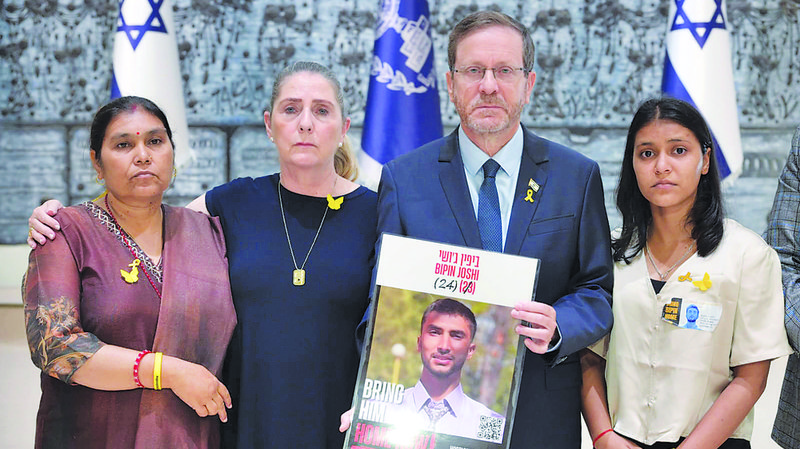
Israel's President Isaac Herzog with Pushpa and Padma
Nepali Ambassador to Israel Dhan Prasad Pandit said that Bipin Joshi’s mother, Padma, and sister, Pushpa, who has been in Israel since last Monday, met with Prime Minister Benjamin Netanyahu on Tuesday.
During the meeting, which lasted for about half an hour at the Prime Minister's Office, Prime Minister Netanyahu informed them that every possible effort is ongoing to search for Bipin. He also expressed that the Israeli government and people are saddened by the fact that Bipin’s whereabouts remain unknown.
“The discussion with the Prime Minister was cordial. We have come out after the meeting,” said Nepali Ambassador to Israel, Pandit, in a phone call with New Spotlight. “He said that both we and your government are doing everything we can. Our efforts will continue.”
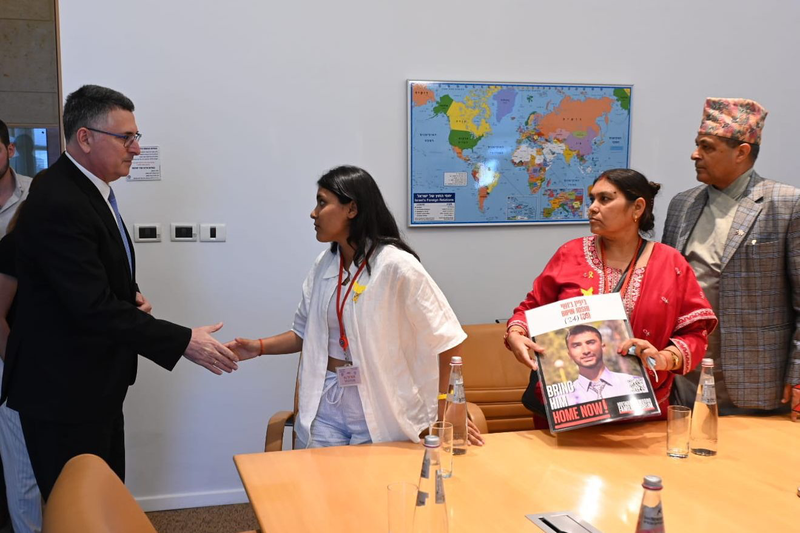
Bipin's parent meeting with officials
Earlier, the family members had also met with President Isaac Herzog, Speaker Amir Ohana, Foreign Minister Gideon Sa'ar, the Prime Minister's advisors, and Chief of the Israeli Defense Forces (IDF), General Rav Aluf Eyal Zamir.
Israeli President Isaac Herzog also met with Bipin Joshi’s mother and sister, promising steps for his release. The Israeli government announced plans to increase international pressure and take control over the Gaza region to secure Bipin’s release.
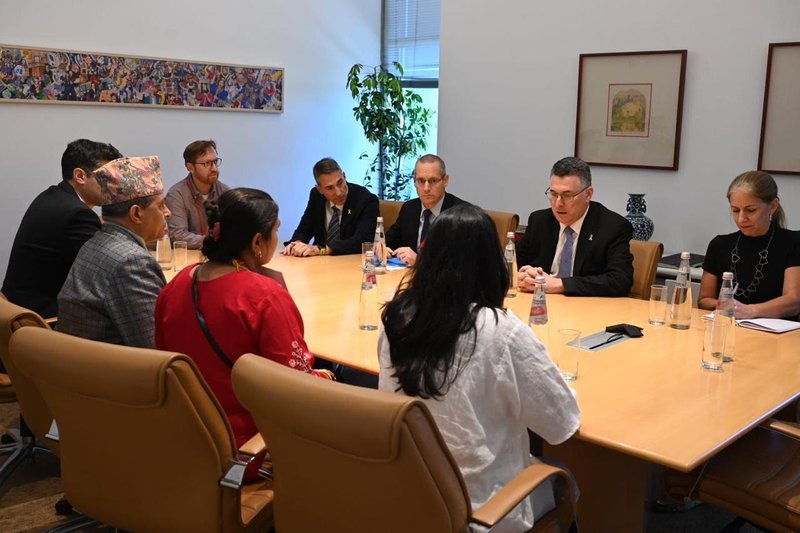
Bipin’s family has been in constant communication with Israeli officials, working tirelessly for his release.
President Herzog assured Padma and Pushpa that Israel, with support from the United Nations, the U.S. government, and the international community, will do everything possible to ensure Bipin’s safe return.
To escalate pressure for Bipin's release from Kanchanpur, the Israeli government brought his mother and sister to Israel last week, aiming to raise the issue at the United Nations. They also brought relatives of other hostages from various countries abducted by Hamas.
During a massive demonstration at ‘Hostage Square’ in Tel Aviv demanding the release of hostages held by Hamas, President Herzog met with Bipin’s family and later invited them to the presidential residence. Nepali Ambassador Dhan Prasad Pandit was also present during the meeting.
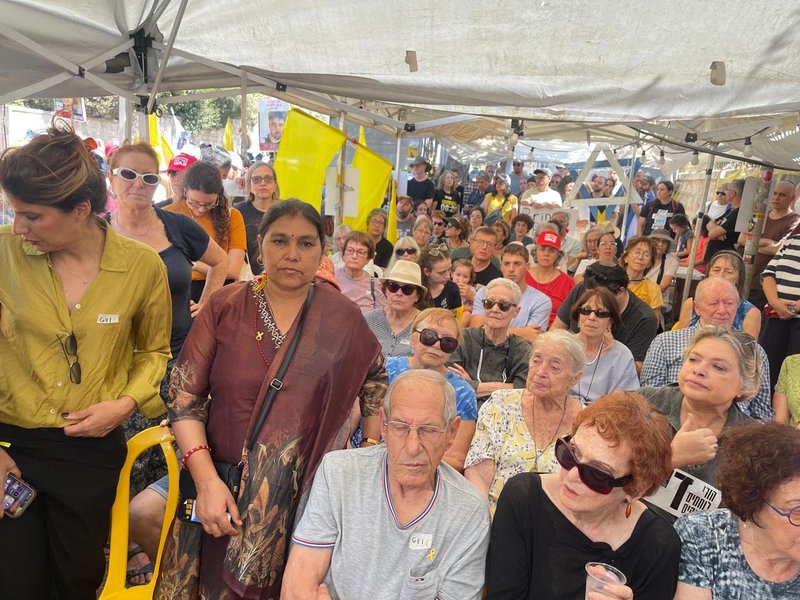
Bipin's mother Padma with the families of other hostages
Pushpa, overwhelmed with emotion, expressed gratitude to the Israeli people for their support and pleaded with the global community for her brother’s release. Bipin’s family also met with the Foreign Minister of Israel Gideon Sa'ar.
Life In Israel
Nightlife in Tel Aviv and tourism in destinations like the Dead Sea and Jerusalem have started to recover. However, the nation is still haunted by the memory of the brutal Hamas attack on October 7, 2023.
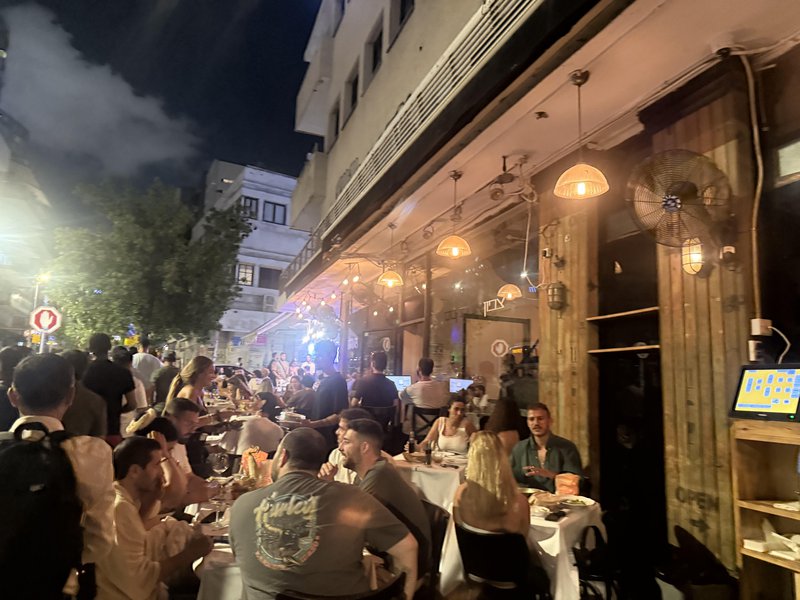
Tel Aviv City nightlife
After the attack, which resulted in the tragic loss of over 1,200 lives, including 10 Nepalis, and the capture of 264 hostages, including Nepali student Bipin Joshi, Israel launched a major offensive against Hamas in Gaza.
The coordinated assault by Hamas from Gaza, utilizing land, sea, and air forces, was the deadliest day for Israel since its establishment. The surprise attack, which occurred during the Jewish holiday Shemini Atzeret, caught Israel off guard, reminiscent of the Yom Kippur surprise attack in 1973.
Additionally, the country faced missile attacks from the Houthis in Yemen and Hezbollah in Lebanon. While the situation in southern Israel is gradually improving, the memories of that tragic day remain vivid.
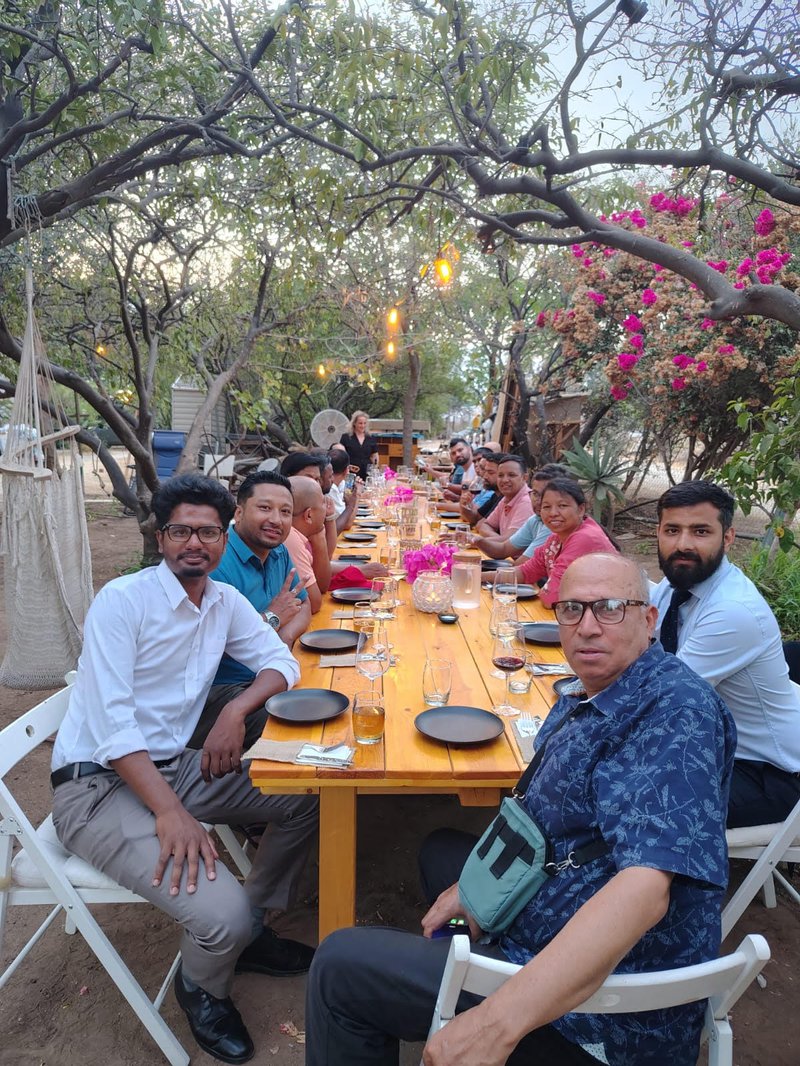
Nepali media delegation in open dinner
"We must remain vigilant. Any lapse could result in another terror attack like the one on October 7," said an Israeli diplomat. Achieving peace remains a challenge as long as Palestinians and Arab nations continue to promote hatred towards Jews and deny our right to exist. Our struggle is for survival and the preservation of our existence."
Druze Grief and National Trauma
The impact of October 7 extends beyond Jewish communities to include Arab Israelis, Palestinian Muslims, Christians, and Druze. In Majdal Shams, a Druze town in the Golan Heights, a rocket launched by Hezbollah from Iran struck a soccer field on July 24, 2024, resulting in the tragic deaths of 12 children.
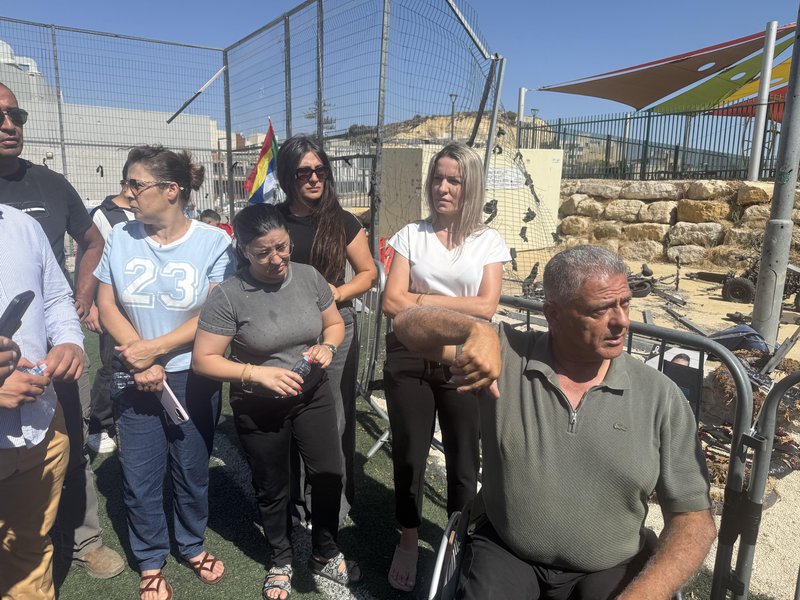
Druze family in Golan sharing trauma
Dalia Shams, a community worker, shared that despite a year passing, the trauma persists, and families are still dealing with their grief, finding it hard to move on.
Even with the fall of the Assad regime in Syria and the reduced capabilities of Iran and its supported groups like Hezbollah, Huthis, and Hamas, many Israelis continue to struggle emotionally. While Israel has strengthened internal security and boosted public morale, achieving peace and normalcy remains a distant objective.
A Diverse Democracy
Israel, a nation known for its diversity and democratic values, including a free media, regular elections, and an independent judiciary, is home to a mix of Jews, Arab Muslims, Christians, Druze, and other minority groups. However, the ongoing threat of religious extremism poses a significant challenge to the country's social fabric.
In Palestine and other Muslim-majority countries, young people are often exposed to anti-Jewish sentiments, perpetuating deep-seated animosities. Ali Waked, Director of i24NEWS International, stressed the importance of countering this culture of hatred and promoting coexistence by shifting the focus from individual interests to collective well-being, in order to pave the way for genuine peace in the region.
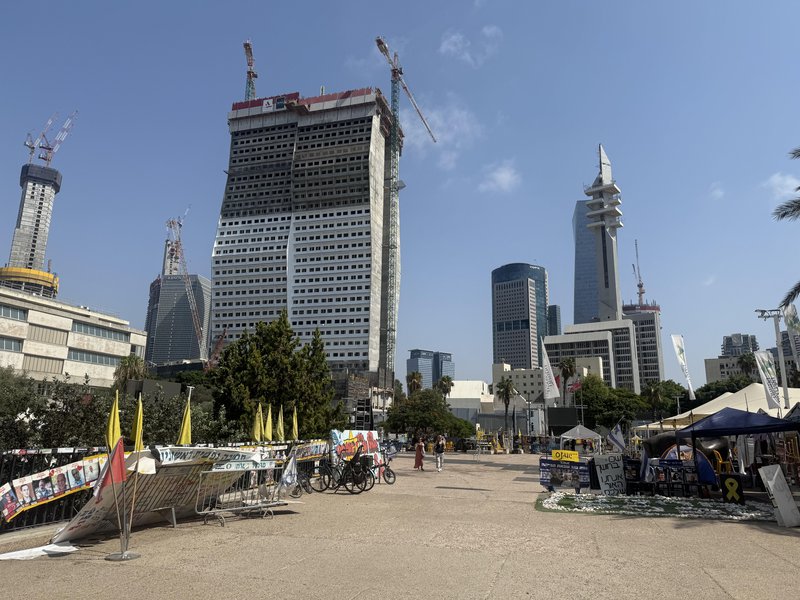
Extremism on both sides has marginalized moderate voices within the Jewish and Muslim communities, fueling a conflict rooted in historical religious ideologies. It is crucial for all parties to agree to protect the lives of innocent individuals as a fundamental step towards resolving the conflict.
The Calm at Alumim Kibbutz
Situated close to the Israel-Gaza border, 17 Nepali students from Far Western University were taking part in the "Learn and Earn" program at Alumim Kibbutz when Hamas initiated an attack.
Almost two years later, the region remains strangely calm. The local inhabitants have not forgotten the incidents that occurred. Following the attack, ongoing bombings have persisted in nearby areas as Israel escalates its operations in Gaza. While international reports suggest a death toll of over 60,000 in Gaza, Israeli sources estimate the number to be around 35,000.
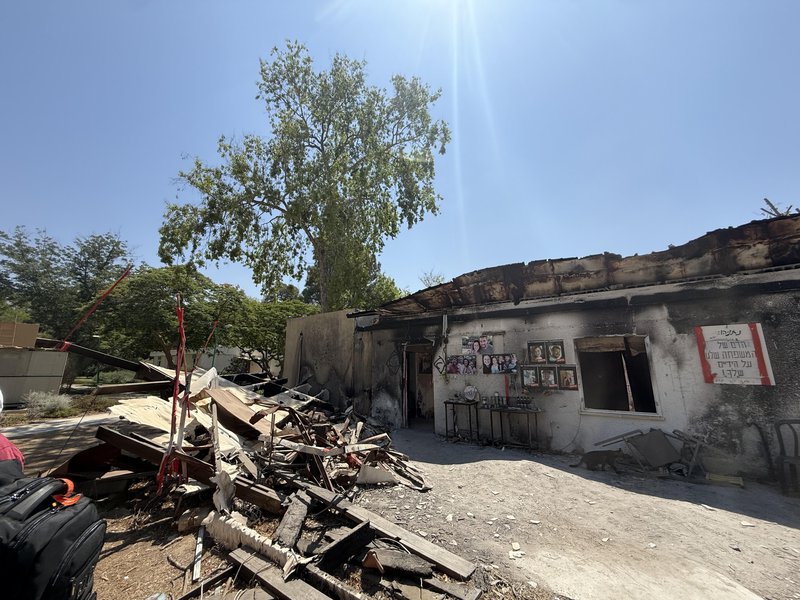
Galid Hanwad, an agricultural entrepreneur who hosted the Nepali students on his farm, recounted the events. "When the rockets came from Gaza, we immediately sought shelter," he remembered. "Initially, we thought it was just another routine rocket attack. However, the sound of gunfire indicated that the situation was much more serious."
Nadav Ben Yehuda, who previously worked at the Israeli Embassy in Kathmandu and now leads the Israel-Nepal Chamber of Commerce, serves as the Honorary Consulate General of Nepal to Israel and recalled Bipin.
"Bipin Joshi displayed remarkable courage in the face of the terrorists," Yehuda, an experienced mountaineer, remarked. "Every possible effort is being exerted to locate him. His safe return is a top priority for us, on par with that of any Israeli citizen."
As the day progresses and the fate of the hostages remains uncertain, the families of the missing individuals gather in public squares and outside government buildings in Tel Aviv, fervently praying for any updates. Bipin Joshi's image continues to be prominently featured among the missing, symbolizing the enduring hope for his safe return.
Sagi Karni, the director of Israel's South and East Asia Bureau, told Nepali journalists, "We have reason to believe that Bipin is still alive, although we do not have recent information about his condition. International pressure is crucial in this situation."
Israel’s Political Landscape
Israel, with its small size, has a diverse landscape that includes the Mediterranean coast, hill regions, the Great Rift Valley, and the Negev desert. The population consists of approximately 73.5% Jewish, 21.2% Arab (mostly Muslim), and 5.3% other groups such as Christians and Druze.
The Knesset, Israel's 120-member parliament, is currently made up of various parties, including Likud (led by Prime Minister Netanyahu) with 32 seats, Yesh Atid (a centrist opposition party) with 23 seats, Ra'am (an Islamic party) with 5 seats, and Hadash–Ta'al (an Israeli Arab party) with 5 seats. Smaller parties representing Russian immigrants and communists also have representation.
As a democratic country with political diversity, Israeli society is divided over the actions taken in Gaza to secure the release of hostages. Pressure is mounting to change the current approach in Gaza aimed at compelling Hamas to release the hostages. It is estimated that around 20 out of the original 251 hostages are still alive.
As the humanitarian situation deteriorates, calls from the international community for resolution, accountability, and peace are becoming more pronounced. However, without both sides moving towards moderation and dialogue, the cycle of violence may continue indefinitely.
Despite some positive developments, the memories of the brutal attack by Hamas on October 7, 2023, continue to haunt many, perpetuating fear among the population.
"We are constantly on high alert," says a survivor, reflecting the prevailing national sentiment that vigilance is essential in the face of ongoing threats. Israel's survival as a nation is attributed to its vigilance, given its surrounded by hostile Muslim states.
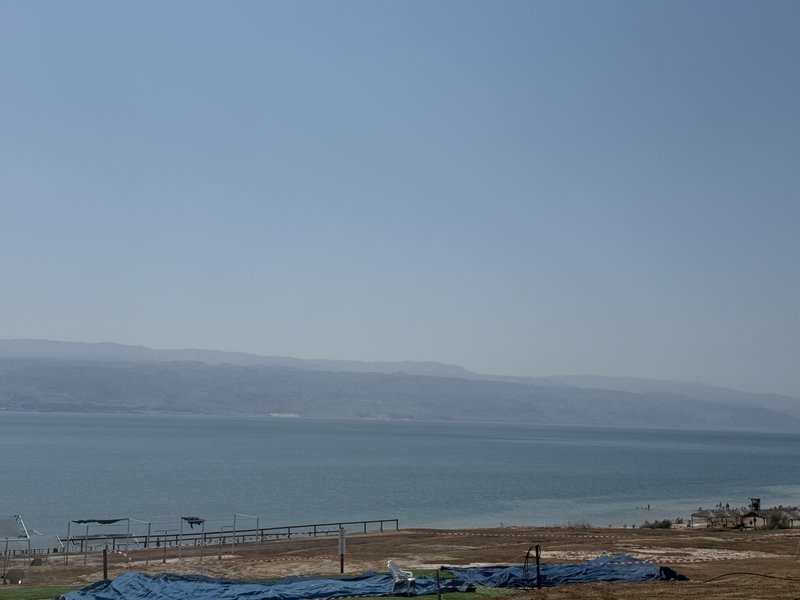
Since October 7, 2023, Nepal has become directly involved in the conflict involving Israel. Nadav Ben Yehuda, who also serves as the honorary Consul General of Nepal to Israel, has vowed to bring Bipin back, commending his bravery as equal to that of any Israeli. Bipin's family, accompanied by Nepal's ambassador Dhan Prasad Pandit, have visited the abduction site along with Bipin Joshi's mother and sister.
Transitioning from devastation to dialogue is crucial for achieving lasting peace in the Middle East. This necessitates a comprehensive strategy with immediate and long-term goals:
The root cause of the conflict is extremism, not religious or ethnic identities, as emphasized by Ali Waked of i24 News. Radicalism, whether from Hamas, Hezbollah, or ultra-nationalist groups, perpetuates a cycle of violence. Addressing ideological extremism from all sides is crucial to breaking this cycle of retaliation.
Nepal has been significantly impacted by the Middle East conflict, with over 5000 Nepalis working or studying in Israel despite the geographical distance.
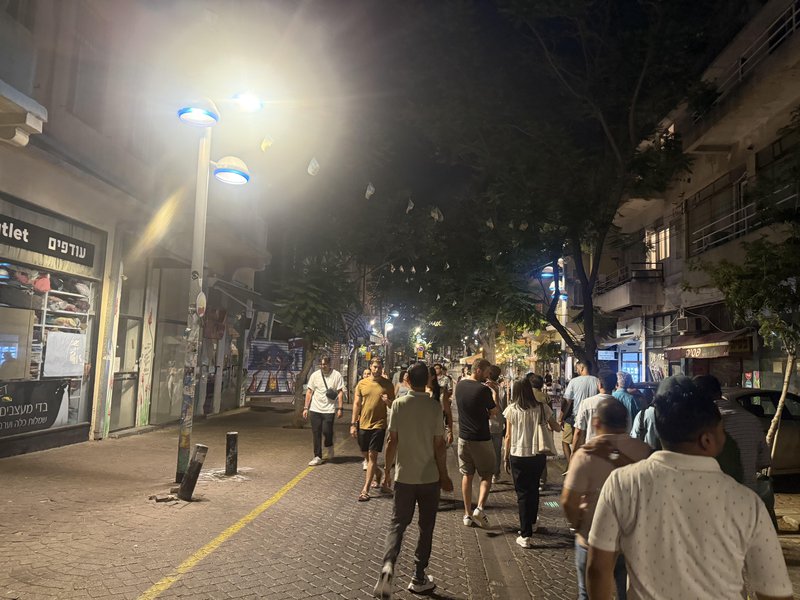
From Druze families in Majdal Shams mourning rocket attacks to residents of Tel Aviv living under constant threat, the universal desire for peace is evident. While Israel values democracy, diversity, and coexistence, true peace can only be attained through mutual understanding and cooperation.
"The path to lasting peace may be difficult, but it begins with empathy, courage, and a willingness to compromise," said Ali. "Breaking the cycle of violence and recognizing the humanity of all individuals is essential, as the killing of innocent civilians—whether in Israel or Gaza—can never be justified. Renouncing extremism and teaching children tolerance are crucial steps toward achieving sustainable peace."
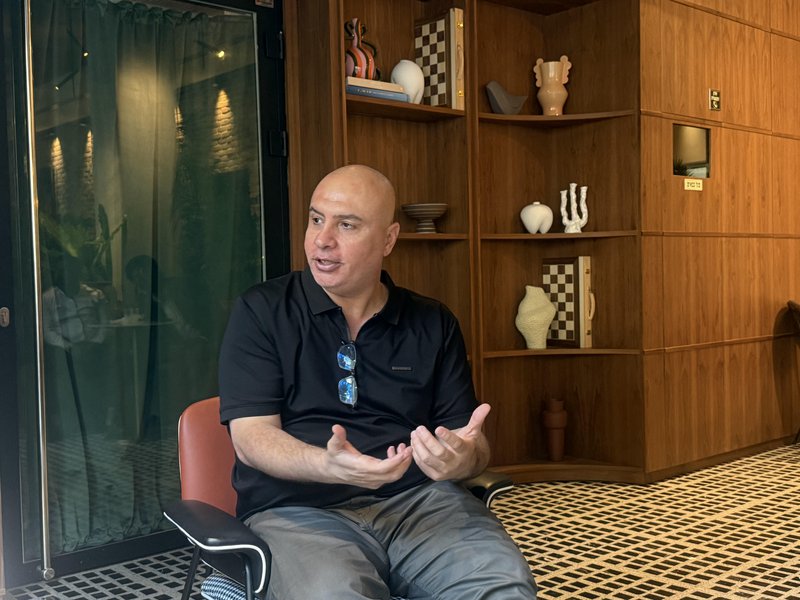
Journalist Ali
However, as long as extremist groups like Hamas, along with certain Palestinian, Arab, and Muslim factions, continue to instill religious hatred in young minds and reject the very existence of the State of Israel, Israel’s government and security forces cannot afford to let their guard down for even a moment.
Based on a report of the weeklong visit of Israel with a Nepali journalist delegation.

Keshab Poudel
Poudel is the editor of New Spotlight Magazine.
- Heartbroken Family of Nepali Hostage Visits Site of Hamas Massacre, Urges Peace and Safe Return of Bipin Joshi
- Aug 14, 2025
- LIEUTENANT COLONEL JP CROSS: Centenary Birthday
- Aug 06, 2025
- Israeli Officials Say That 20 People Including Bipin Joshi Are Alive
- Aug 05, 2025
- RASUWAGADHI FLOOD: GLOF Devastation
- Jul 20, 2025
- ERC Nepal Is Focused On Expanding Distribution And Transmission To The Private Sector: ERC Chair Dr. Dhital
- Jul 06, 2025

